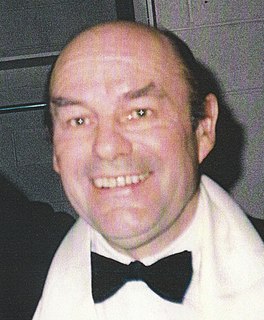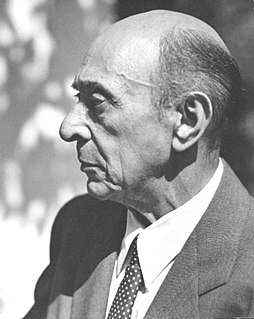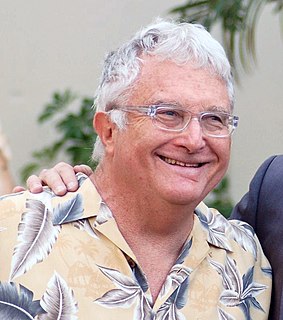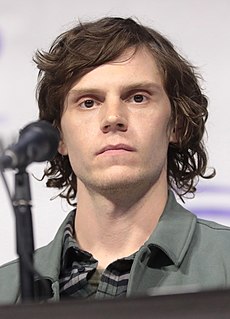A Quote by Julian Bream
There is no piece of guitar music that has the formal beauty of a piano sonata by Mozart, or the richly worked out ideas and passion of a late Beethoven string quartet, or for that matter the beautiful mellifluous poetry of a Chopin Ballade.
Related Quotes
It can be a work by Mondrian, a piece of music by Schönberg or Mozart, a painting by Leonardo, Barnett Newman or also Jackson Pollock. That's beautiful to me. But also nature. A person can be beautiful as well. And beauty is also defined as 'untouched'. Indeed, that's an ideal: that we humans are untouched and therefore beautiful.
In my spare time, I’ve been playing a lot of piano. I’m trying to learn classical piano, Mozart and Beethoven and stuff. I took lessons when I was younger and now I sort of sight read the music and play it by ear. It’s fun. It takes up a lot of time. I practice a couple of hours a day, but I find it soothing.
The Gettysburg Adress has been included, of late, in several anthologies of poetry. It actually meets the major requirement of all poetry: It is a mellifluous and emotional statement of the obviously not true. The men who fought for self-determination at Gettysburg were not the Federals but the Confederates.


































